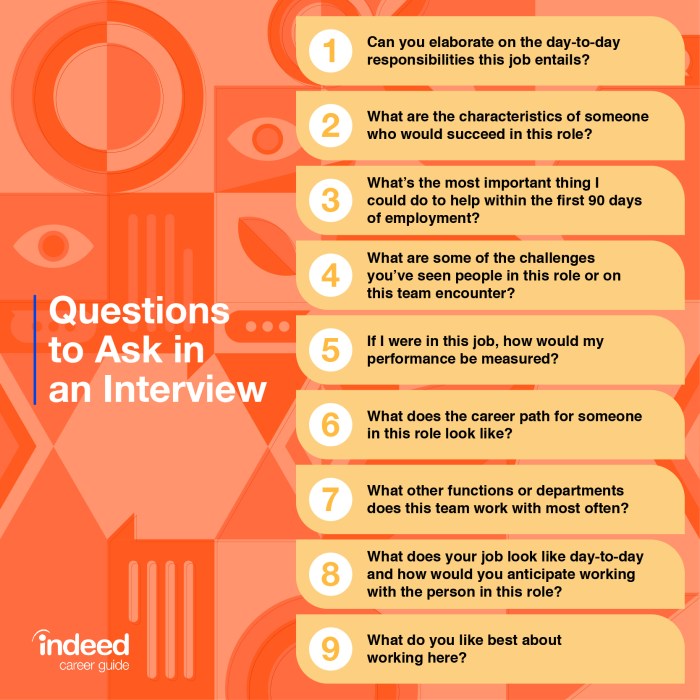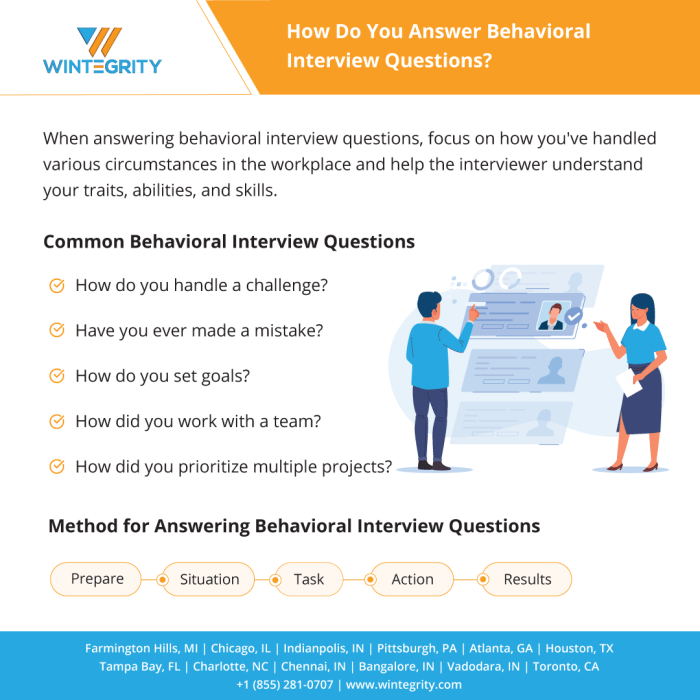Questions to ask during aba interview – Preparing for an Applied Behavior Analysis (ABA) interview requires a thorough understanding of the questions you may encounter. These questions delve into your knowledge of ABA principles, methods, and ethical considerations, as well as your ability to apply them in practical situations.
By asking thoughtful questions to the interviewer, you can demonstrate your interest, enthusiasm, and commitment to the field.
This comprehensive guide provides a detailed overview of the types of questions you can expect, including core questions, behavioral interview questions, situational interview questions, ethical and legal questions, and questions to ask the interviewer. With insightful tips and examples, you will gain the confidence and knowledge to navigate the ABA interview process successfully.
Questions to Ask During ABA Interview

Understanding ABA Interview Questions
ABA interview questions are designed to assess a candidate’s knowledge, skills, and experience in the field of Applied Behavior Analysis (ABA). These questions can be categorized into several types:
- Technical questions:These questions test the candidate’s understanding of ABA principles, methods, and procedures.
- Behavioral questions:These questions ask the candidate to describe their past behavior in specific situations, demonstrating their ability to apply ABA principles in practice.
- Situational questions:These questions present hypothetical scenarios and ask the candidate how they would respond, assessing their problem-solving and decision-making skills.
- Ethical and legal questions:These questions explore the candidate’s understanding of ethical and legal considerations in ABA practice.
Core Questions to Ask, Questions to ask during aba interview
| Question | Purpose | Example | Tips for Answering |
|---|---|---|---|
| Explain the principles of ABA. | Assesses understanding of ABA’s theoretical foundation. | Describe the principles of reinforcement, punishment, and extinction. | Provide clear and concise definitions, supported by examples. |
| Describe different ABA methods and when to use them. | Tests knowledge of ABA techniques and their appropriate applications. | Discuss positive reinforcement, negative reinforcement, punishment, and extinction, providing examples of their use. | Demonstrate understanding of the advantages and limitations of each method. |
| Discuss the ethical considerations in ABA practice. | Evaluates the candidate’s awareness of ethical guidelines. | Explain the importance of informed consent, confidentiality, and respect for autonomy. | Show familiarity with the BACB’s ethical code and how it applies to ABA practice. |
Behavioral Interview Questions
Behavioral interview questions are used to assess a candidate’s past behavior in specific situations, providing insights into their abilities and skills. Common behavioral interview questions include:
- Tell me about a time when you successfully implemented an ABA intervention.
- Describe a situation where you had to manage challenging behavior.
- How do you collaborate with parents and other professionals in an ABA setting?
To answer behavioral interview questions effectively, use the STAR method:
- Situation:Describe the specific situation or task.
- Task:Explain your role and responsibilities in the situation.
- Action:Describe the actions you took to address the situation.
- Result:Explain the outcome or impact of your actions.
Situational Interview Questions
Situational interview questions present hypothetical scenarios and ask the candidate how they would respond. These questions assess problem-solving and decision-making skills.
| Situation | Possible Questions | Considerations for Answering |
|---|---|---|
| You are working with a child who is struggling with tantrums. | What strategies would you use to manage the tantrums? | Discuss strategies such as positive reinforcement, extinction, and functional analysis. |
| A parent is concerned about the potential side effects of ABA therapy. | How would you address their concerns? | Explain the evidence-based nature of ABA, discuss the potential benefits and risks, and emphasize the importance of collaboration. |
| You are working with a team of professionals who have different perspectives on how to approach a client’s behavior. | How would you navigate these differences and ensure a cohesive approach? | Discuss the importance of open communication, collaboration, and evidence-based decision-making. |
Ethical and Legal Questions
Ethical and legal considerations are crucial in ABA practice. Common ethical and legal questions include:
- What are your responsibilities in ensuring the confidentiality of client information?
- How do you handle situations where a client’s behavior poses a risk to themselves or others?
- What are the legal implications of using ABA techniques?
Understanding and adhering to ethical and legal guidelines is essential for ABA professionals.
Questions to Ask the Interviewer
Asking questions to the interviewer demonstrates your interest, knowledge, and enthusiasm. Thoughtful questions to ask include:
- Can you describe the typical responsibilities of this role?
- What are the opportunities for professional development within the organization?
- What is the organization’s approach to supervision and support for new employees?
Ask questions respectfully and professionally, avoiding personal or irrelevant inquiries.
Essential Questionnaire
What are the common core questions asked in ABA interviews?
Core questions assess your foundational knowledge of ABA principles, methods, and ethical considerations. They may include questions about the history of ABA, the different types of ABA interventions, and the ethical guidelines that govern ABA practice.
How can I prepare for behavioral interview questions?
Behavioral interview questions focus on your past experiences and behaviors in specific situations. To prepare, use the STAR method (Situation, Task, Action, Result) to structure your answers and provide concrete examples of your skills and abilities.
What are some situational interview questions that I might encounter?
Situational interview questions present you with hypothetical scenarios and ask how you would respond. Consider the potential ethical implications of your actions and demonstrate your ability to make informed decisions based on ABA principles.
Why is it important to ask questions to the interviewer?
Asking thoughtful questions to the interviewer shows your engagement and interest in the position. It also gives you an opportunity to clarify any details about the role or the organization, and to demonstrate your enthusiasm for the field of ABA.

